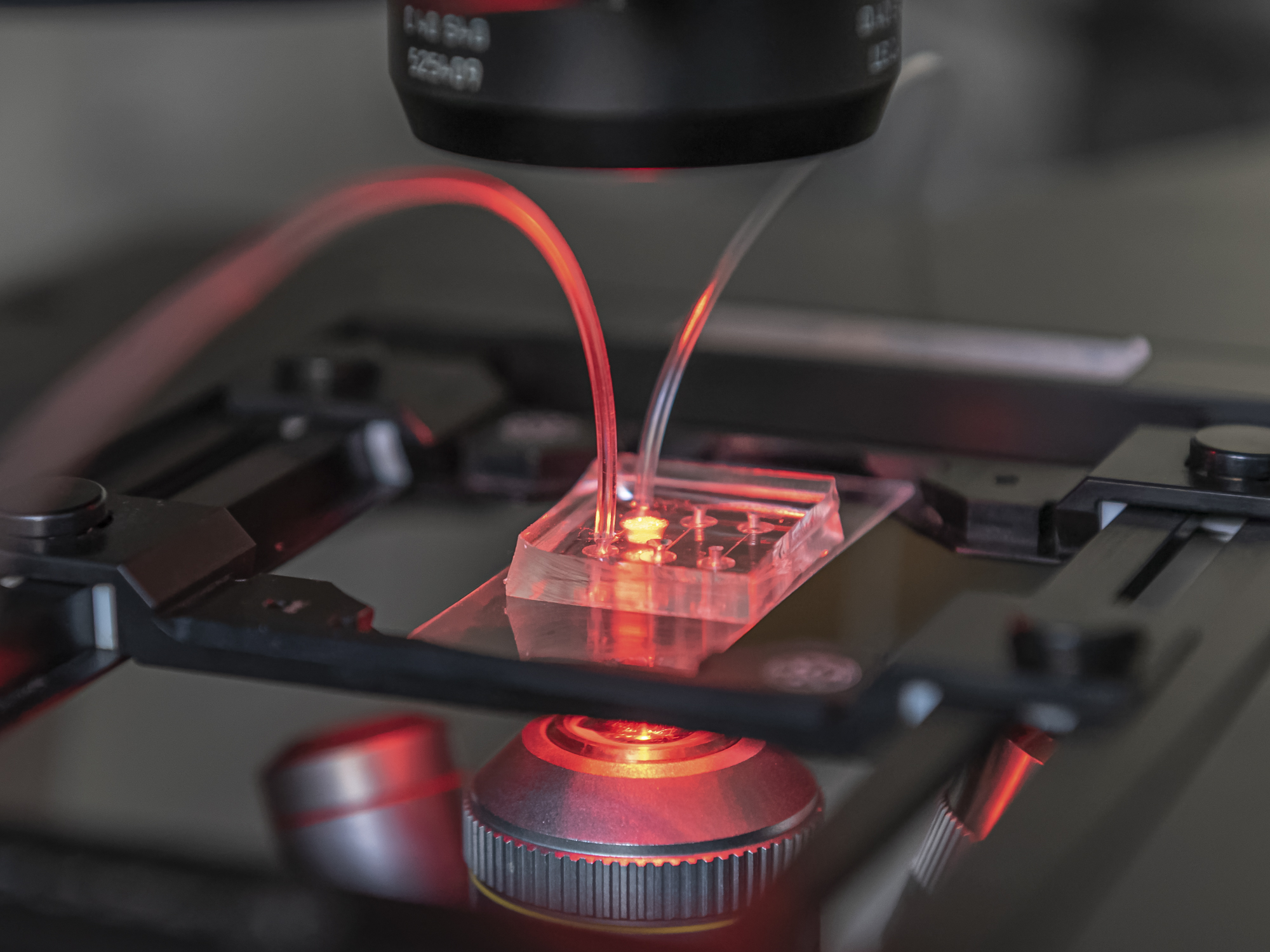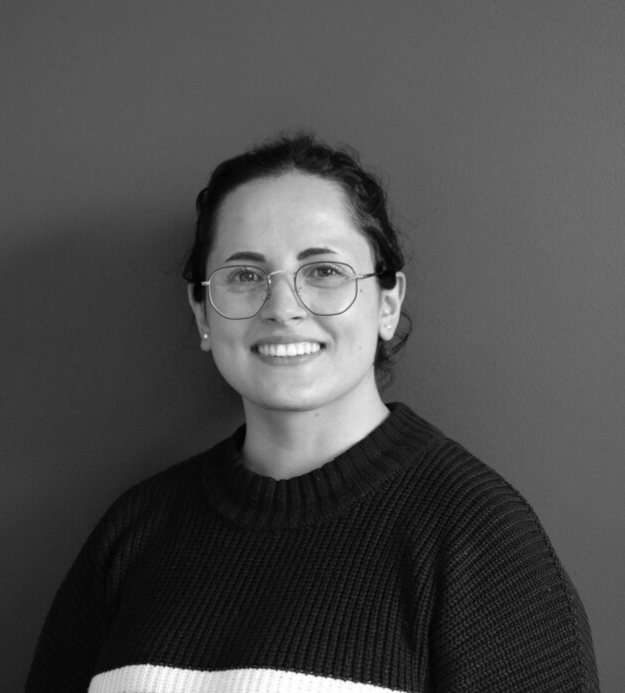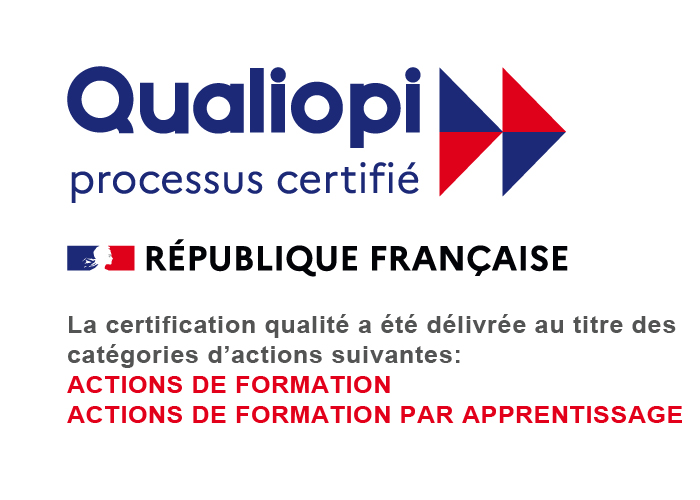Via nos formations en apprentissage, vous pouvez vous former aux métiers du développement, de la production, de la qualité, des affaires réglementaires, du juridique, de l’économie de la santé, de la recherche clinique, de la pharmacovigilance et du marketing.
Master 2 Cancer Bioengineering
La formation
Le but du parcours de formation du Master 2 Cancer Bioengineering est de donner aux étudiants des outils théoriques et pratiques pour appréhender et modéliser la complexité physico-chimique des cancers (prise en compte du micro-environnement en 3D, présence de matrice, de flux interstitiel, de gradients…). Les étudiants étudieront aussi les nouvelles techniques d’observation et de quantification des cellules et des paramètres importants dans des tests complexes permettant de mieux appréhender le comportement des cellules cancéreuses et la réponse aux traitements dans un environnement plus physiologique.
Tous les cours du Master 2 Cancer Bioengineering sont dispensés en anglais.
Les objectifs
Le Master 2 Cancer Bioengineering a pour objectif de donner les outils pratiques et théoriques pour appréhender et reproduire la complexité physico-chimique des cancers. Il forme des bio-ingénieur et des chercheurs capables de proposer des solutions innovantes de modèles du cancer d’utilités scientifiques et thérapeutique.
Rythme de l'apprentissage
Durée de la formation
12 mois
Contrôle des connaissances
- contrôles continus
- examen écrits finaux
- rapports écrits
- examens oraux
Les métiers associés
Le programme
Le Master 2 Cancer Bioengineering comprend un total de 410 heures de formation sur une période de 12 mois.
- UE 1 Complexité du cancer : 60 h
- UE 3 Modèles innnovants : 70 h
- UE 5 Projet tutoré bioengineering : 80 h
- UE Expérimentation animale : 50 h
- UE Anglais scientifique : 50 h
- UE Immunology and cancer : 50 h
- UE System Biology : 50 h
Chiffres clés
Les conditions d'admission
Être âgé(e) de moins de 30 ans (hors cas dérogatoires) pour bénéficier d’un contrat d’apprentissage et avoir validé :
- 1ère année de Master Cancérologie,
- 1ère année de Master dans le domaine de la biologie cellulaire et moléculaire.
Les étudiants de plus de 30 ans peuvent bénéficier d’un contrat de professionnalisation.
Les personnes en situation de handicap souhaitant suivre cette formation sont invitées à nous contacter directement afin d’étudier ensemble les modalités d’accès requises.
LES POURSUITES D’ETUDES POSSIBLE :
Pour les masters et ingé : études longues en université (en France ou à l’étranger) à partir du Master ou en écoles d’ingénieur.
Pour les bts / deust : Diplômé, vous pouvez intégrer directement le monde professionnel ou compléter votre formation par une licence professionnelle.
ACCES A LA FORMATION :
- Réception des candidatures : les dates d’ouverture de dépôt des candidatures sont dépendantes de chaque formation. Se connecter sur le site de l’établissement partenaire pour connaitre les dates. Dès que les dates sont fixées par les établissements, le CFA les présente sur son site et la candidature est déposée sur Ecandidat ou toute autre plateforme indiquée.
- Délais d’accès à la formation : Le début de chaque formation est différent. En moyenne le délai peut varier de 3 à 7 mois entre le dépôt de la candidature, les entretiens de sélection, la confirmation de la préadmission par les responsables pédagogiques, la signature du contrat d’apprentissage et le début de la formation. Il convient selon la formation souhaitée, de calculer le nombre de semaines entre le dépôt de la candidature et le démarrage de la formation tel que précisé sur le site internet.
- Processus d’admission : dossier de candidature et entretien.
- Signature d’un contrat d’apprentissage ou de professionnalisation avec un employeur.
FINANCEMENT
Dans le cadre d’un contrat d’apprentissage ou de professionnalisation, le coût de la formation est financé par l’agence France Compétences via l’OPCO de l’entreprise (dépendant de la convention collective appliquée). Aucun frais de formation ou d’inscription ne sera à la charge du bénéficiaire du contrat d’apprentissage ou de professionnalisation.
Le CFA accompagne les entreprises pour la prise en charge du coût de la formation par l’OPCO. Selon les cas, dûment indiqués sur la fiche relative à la formation, un reste à charge peut être appliqué au-delà du montant financé par France Compétences.
Conditions particulières pour les établissements publics (contacter le ou la conseiller.ère indiqué.e)

Les modalités
de sélection


